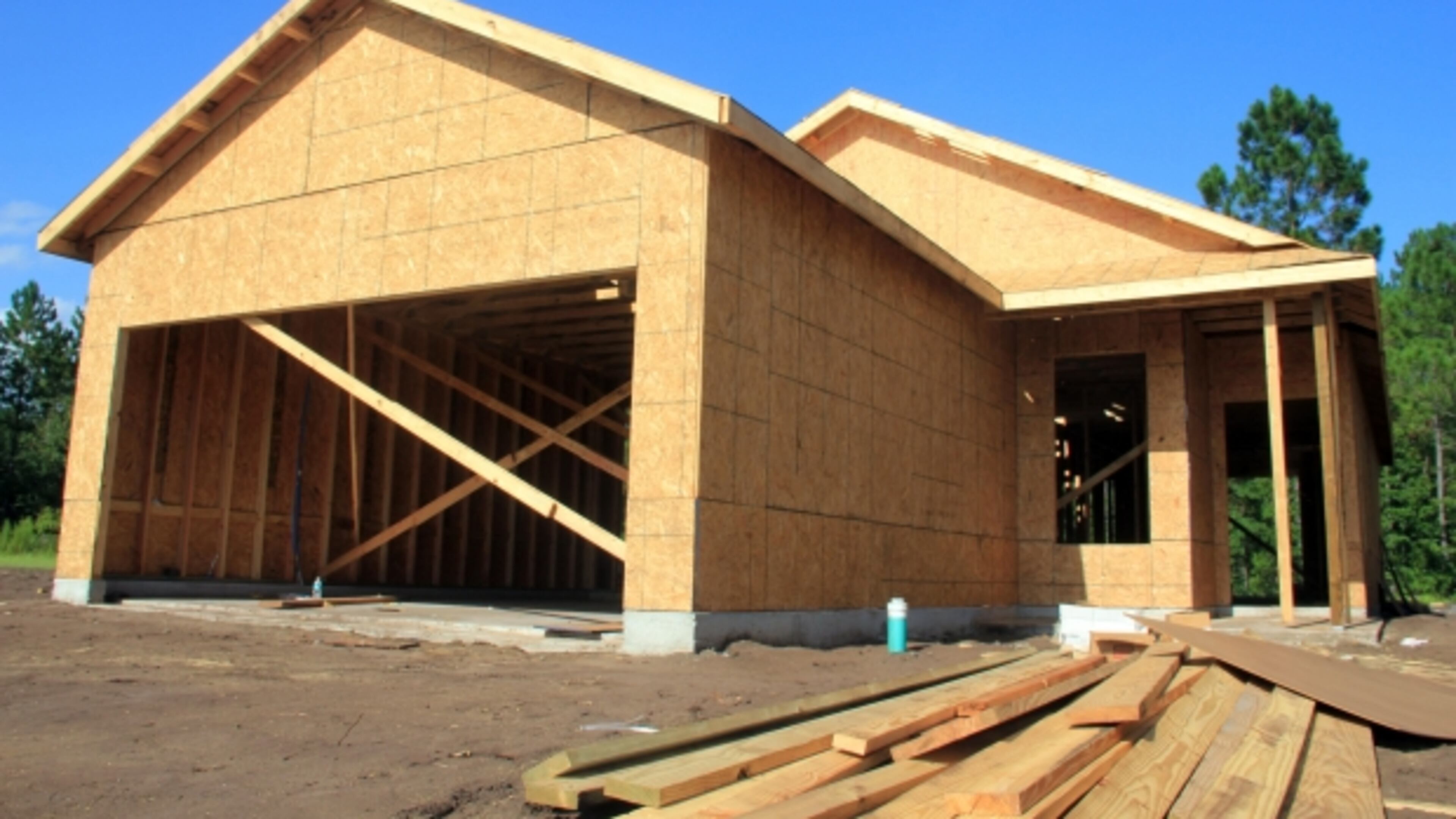Home building continues, but Atlanta’s growth slowing, expert says

The steady pace of job creation used to mean a parallel surge in home construction, but the housing market has new rules, said one of the area’s highest-profile analysts.
The coming year will see an unspectacular increase in the number of permits for new homes in metro Atlanta, said John Hunt, the principal of MarketNsight and president of data firm ViaSearch. Hunt was speaking Monday at his company’s conference with several hundred real estate professionals.
“Growth rates are moderating,” he said.
Optimists have been talking about a surge of millennials transitioning from renter to homebuyer since housing prices hit bottom in about 2012. That hope has been misplaced, Hunt said.
“Will 2018 finally be the year of the first-time homebuyer?” he asked. “It was supposed to be 2015. It was supposed to 2016.”
He shook his head no. “The metrics we used to count on – so many of them are obsolete.”
When interest rates were low and lending standards lax, it took very little to spur building in the metro area. When the region, like the nation, hit a recession in early 2001, unemployment rose and job growth sputtered. But the housing market barely blinked.
Since then, job growth was assumed to guarantee that home construction would rise in synch. Not any more, he said.
Rates are low, and lending standards have eased somewhat from a few years ago. But the surge some experts predicted has not materialized.
One big difference is demographic: the millennials. They tend to have modest incomes – even in Atlanta, where job growth has been steady and strong.
There’s also a cultural dimension: Millennials also tend to prefer urban living. That means they are less likely than previous generations to – in the real estate cliché – “drive until they qualify” for a mortgage.
There is still a wave of building far from the city of Atlanta, Hunt said.
Hall, Jackson, Barrow and Paulding counties have all seen a rapid pick-up in construction.
“But those are not millennials,” he said. “It’s families, looking for housing they can afford and schools that aren’t terrible.”

In many places, builders face a rapidly rising cost of land. To make their money, they build houses that must sell for $400,000 or more – and that’s not where most of the demand is, Hunt said. “All of us are being funneled into a price point where there are no buyers. And we are not all going to fit.”
That all adds to up to homebuilders being unable to offer what millennials want, he told the group. “You can’t give them what they want, where they want it and at a price they can afford. Yet.”
The millennial reluctance to buy outside of urban areas makes a huge difference in the market. During the housing boom, 60 percent of home purchases were either first-time buyers or someone moving up from their first home, Hunt said.
People bought early and often. A generation ago, the average age of the first-time homebuyer was 25. That buyer stayed in a home an average of seven years, becoming a move-up buyer at 32.
Now, the average age of a first-time buyer is 33.
That means a huge group of what used to buyers is simply not in the market, Hunt said.
“Welcome to our new normal.”
MYAJC.COM: REAL JOURNALISM. REAL LOCAL IMPACT.
AJC Business reporter Michael E. Kanell keeps you updated on the latest news about jobs, housing and consumer issues in metro Atlanta and beyond. You'll find more on myAJC.com, including these stories:
- Vogtle delays and cost overruns not our fault, Georgia Power CEO says
- Atlanta top Southern city for people on the move, study says
- Equifax says its own investigation clears execs in post-breach trade
Never miss a minute of what's happening in local business news. Subscribe to myAJC.com.
More Stories
The Latest



